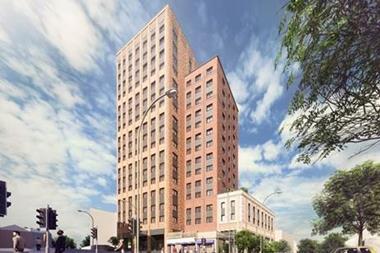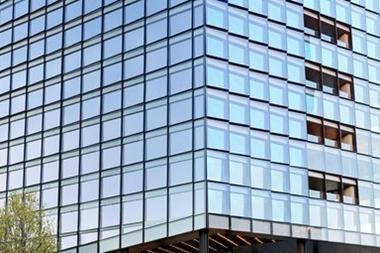Elizabethan theatres were closed during the plague in 1592, so Shakespeare turned his quill to writing sonnets. The lesson is that people are adaptable, which can be seen in the way that the real estate industry is preparing for the post-pandemic world.

Our New Year’s resolution is to stay long of logistics, short of shops and we took a contrarian view to those expecting Zoom to do to offices what Amazon has done to shopping centres and bought into London office REITs in April at the point of maximum Covid pessimism.
Landsec and British Land’s share price discounts to NAV have narrowed from 55% to 30% and November saw the sector’s best performance for a decade, up 11%, with Landsec and British Land up 35% and 40% respectively. The easy money has probably been made, as the ‘tail risk’ for REITs has been taken out of Covid (because of vaccines) and Brexit (as ‘no deal’ was avoided).
It’s not all good news. After New Year’s mingling, Covid infection rates are spiking. The lockdown is restricting the economy and share price setbacks offer buying opportunities. But nuggets of regeneration value are appearing in retail parks, with yields reset to 8%-plus, while the government’s planning white paper will see community shopping re-appraised. Falling investment values are crossing over, with increasing residential land prices for businesses such as NewRiver.
RICS is looking at the latency of Red Book valuations focused on shopping centres; the best bids for intu’s Trafford Centre were £800m compared with a £1.7bn valuation in December 2019. It is interesting that Tritax Big Box pre-released its portfolio revaluation, which trounced analysts’ forecasts by gaining 8% in six months. In contrast, intu and Hammerson let the equity market work out that the bottom of the page isn’t necessarily the bottom of the retail rent chart.

In the office market, with £4bn traded since September 2020, Q4 investment volumes are back to their five-year trend. Grade-A offices have held on to 4% pricing, leaving grade-B stock that is expensive to retrofit facing a correction.
London office availability is high and rising at up to 7% (and rents historically fall at above 8%), but the market is very product-specific. We found that only 40% of London offices are ‘Covid durable’, with modern lifts and air-conditioning.
Landlords might think ESG and BREEAM ratings are just more form-filling, but building wellness credentials are set to dictate pricing. Otherwise, development is a drip-feed, subletting is small, short-leased and secondhand, while flex offices are solvent and here to stay.
Our ‘buy’ theme is that deep discounts will trigger REIT mergers and acquisitions. Leveraged land business Urban & Civic was sold, Capital & Counties owns 26% of Shaftesbury, Brookfield owns 9.2% of British Land and KKR 5.4% of Great Portland Estates. The sector is ripe for shareholder activism. Minority shareholders are hollowing out boards of underperforming businesses, for example Unibail, Hammerson and RDI, which have invested their own skin in the game.
REITs have done poorly since the financial crisis as they didn’t cut dividends and held on to retail too long for the income. Our mantra remains ‘shrink before you grow’ and don’t duck selling assets below book value. The pandemic has led to dividend cuts and redefined pay-out policies so these new CEOs can break with their predecessors’ poor stratagems.
Mike Prew is managing director at Jefferies





























No comments yet